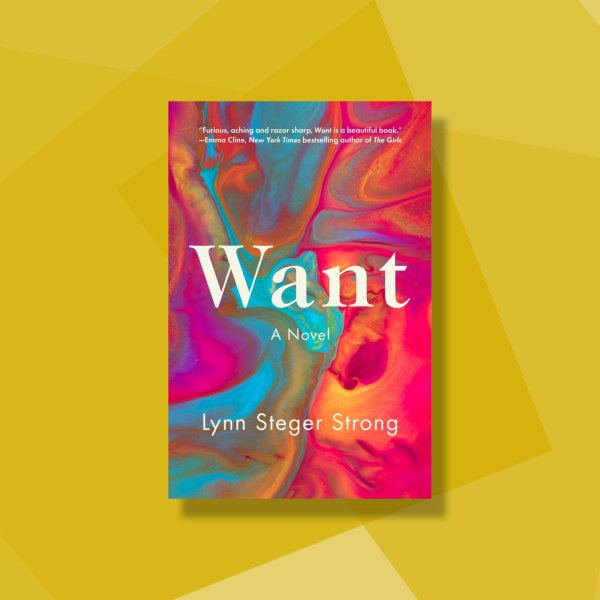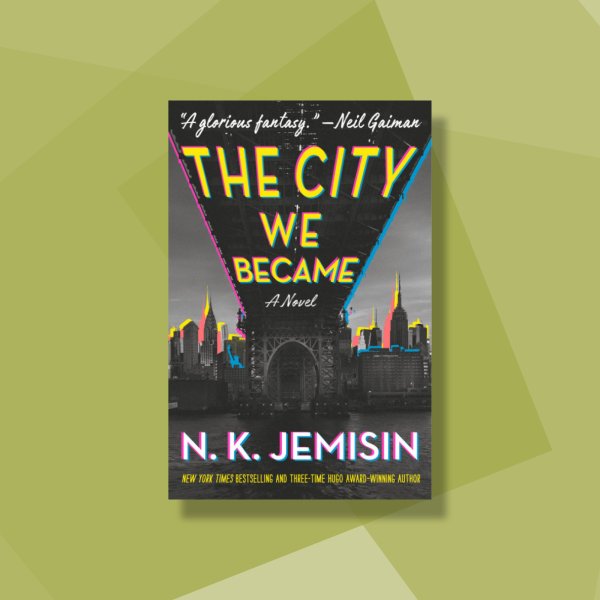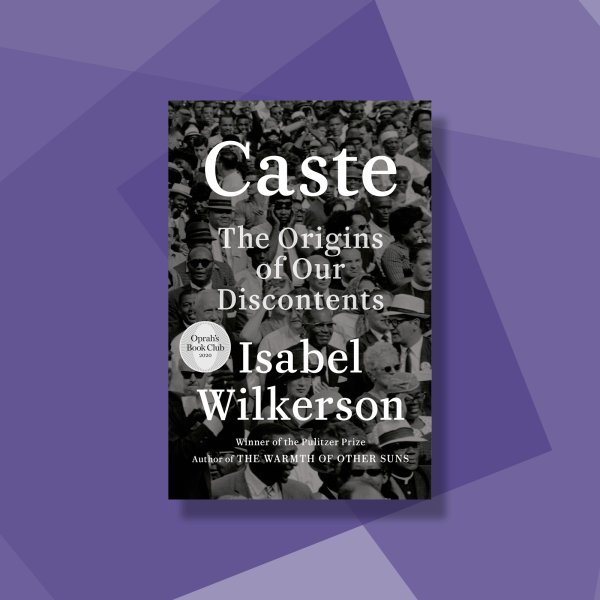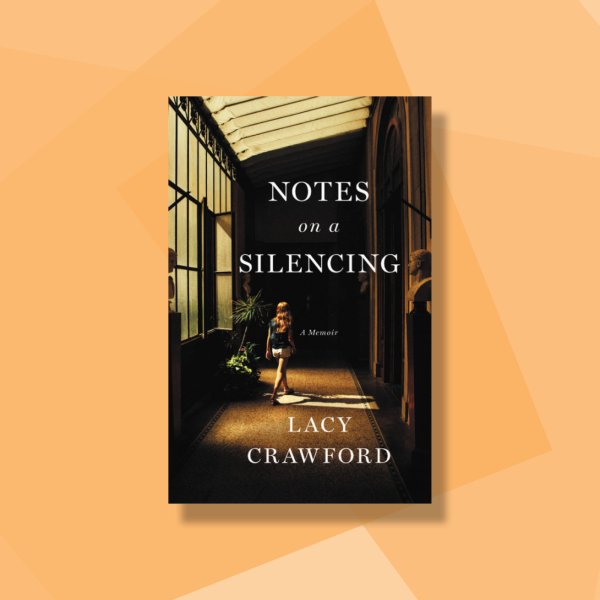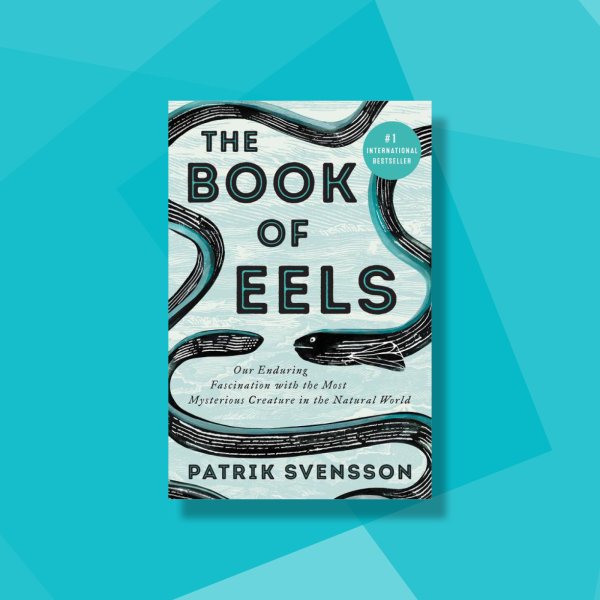In the early stages of the coronavirus pandemic, many readers revisited Emily St. John Mandel‘s prophetic dystopian novel, Station Eleven, about a flu that wipes out most of the earth’s population. Her follow-up, The Glass Hotel, is a more grounded work: Like Station Eleven, it examines how one event—in this case the toppling of a Bernie Madoff-esque schemer—impacts a large group of seemingly unconnected characters. But if Station Eleven is a novel about a lack of choice in the face of an unstoppable catastrophe, The Glass Hotel is a book about the choices we can make, and their long-term consequences. Turning a blind eye to your husband’s crimes could change the trajectory of the rest of your life—as could claiming credit for someone else’s artwork. After many engrossing chapters, each told from the perspective of a new character, the themes of this kaleidoscopic novel lock into place. The characters are haunted by their pasts and must choose to either reckon with the ghosts of their mistakes or succumb to them. The stories add up to a profound meditation on personal responsibility at a time when everything seems out of our control.
Buy Now: The Glass Hotel on Bookshop | Amazon
- Inside Elon Musk’s War on Washington
- Meet the 2025 Women of the Year
- The Harsh Truth About Disability Inclusion
- Why Do More Young Adults Have Cancer?
- Colman Domingo Leads With Radical Love
- How to Get Better at Doing Things Alone
- Cecily Strong on Goober the Clown
- Column: The Rise of America’s Broligarchy

